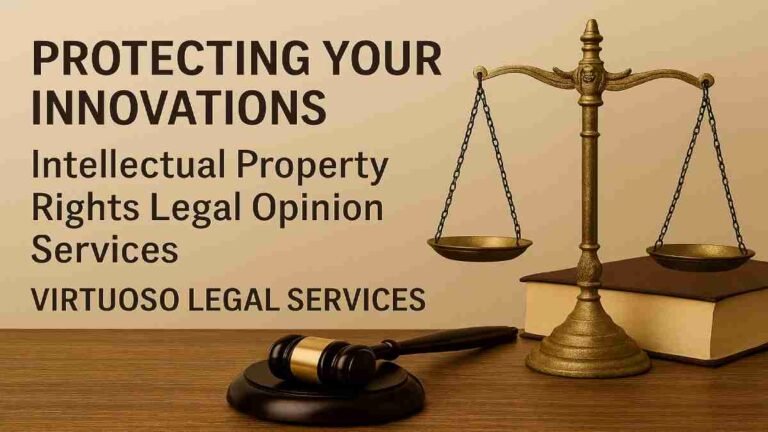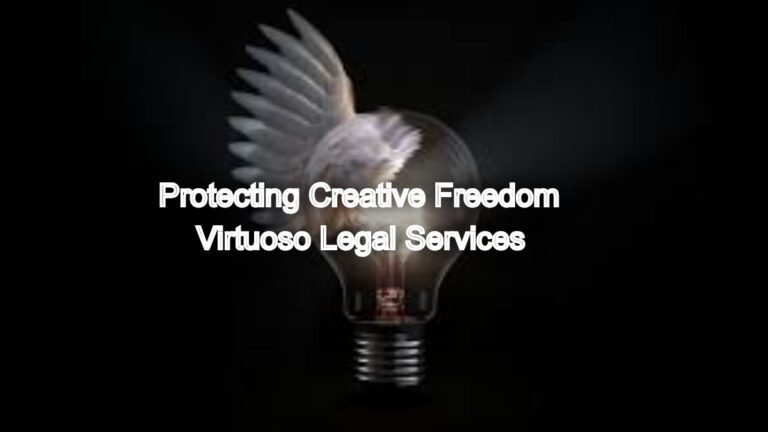Empowering Divorcees: Divorce Mediation Legal Services
Empowering Divorcees: Divorce is a difficult time. It brings stress and emotional turmoil. Thus, couples need a way to end their marriage peacefully. Divorce mediation is a powerful tool for this purpose. It offers a structured path toward an amicable separation. In fact, it’s a better alternative to traditional, lengthy courtroom battles. At Virtuoso Legal Services, we specialize in guiding clients through this process. We believe in empowering people. Consequently, we help them make their own decisions about their future.
Empowering Divorcees: Divorce Mediation Legal Services: Virtuoso Legal Services
What is Divorce Mediation?
First, let’s define divorce mediation. It is a form of Alternative Dispute Resolution (ADR). A neutral third party, called a mediator, facilitates a discussion. This mediator does not take sides. They also don’t make decisions. Instead, they help the divorcing spouses communicate effectively. They guide them toward a mutual agreement. This process focuses on finding a “win-win” solution. It avoids the adversarial nature of court litigation.
Therefore, divorce mediation is a cooperative process. It encourages spouses to work together. They discuss all important issues. These issues include child custody, spousal support (alimony), and property division. The mediator helps them explore different options. They can reach a settlement that works for both of them. This process saves time and money. It also reduces emotional stress.
The Role of a Mediator and Legal Counsel
The mediator’s role is strictly neutral. They manage the conversation. Ensure both parties are heard. They also help identify the core issues. However, a mediator cannot provide legal advice. They cannot tell you what your legal rights are. Furthermore, they cannot advocate for one spouse over the other.
This is where the role of legal counsel becomes vital. Our lawyers at Virtuoso Legal Services work alongside the mediation process. We represent our clients’ best interests. We advise them on their legal rights and obligations. For example, we explain how laws governing child custody or property division apply to their specific case. We ensure they have all the necessary information. We empower them to make informed decisions during mediation. Ultimately, a good lawyer makes sure their client is not at a disadvantage.
The Mediation Process: A Step-by-Step Guide
The divorce mediation process is structured. It follows a series of clear steps. First, both spouses agree to mediation. They hire a mediator. Then, the mediator holds an initial joint meeting. In this meeting, they explain the rules. They also ensure confidentiality. Indeed, all discussions in mediation are private. They cannot be used against a person in court later on.
Subsequently, the spouses begin to discuss the issues. The mediator helps them identify all points of contention. These can include financial matters. For instance, they might discuss bank accounts, debts, and investments. The mediator also helps with child-related issues. These include parenting plans and visitation schedules. Once all issues are on the table, the negotiation begins.
The mediator facilitates this negotiation. They help the spouses find common ground. They might suggest creative solutions. For example, they might propose a different way to divide assets. Once an agreement is reached on all points, the mediator drafts a Memorandum of Understanding. This document summarizes the terms of the settlement. Our legal team then reviews this document. We ensure it is legally sound. Then, we draft a formal settlement agreement. Finally, this agreement is submitted to the court. The judge reviews it and issues a divorce decree. This makes the settlement legally binding.
Advantages of Divorce Mediation
Divorce mediation has many advantages over traditional litigation. Firstly, it is much more cost-effective. Court battles are expensive. They involve high legal fees and court costs. Mediation, on the other hand, is usually completed in a few sessions. This significantly reduces the financial burden.
Secondly, it is time-efficient. Litigation can drag on for months or even years. The court dockets are often crowded. Mediation, by contrast, can be completed in a matter of weeks. This allows both parties to move on with their lives much faster.
Furthermore, mediation provides more control to the spouses. In a court case, a judge makes the final decisions. The spouses have little say. In mediation, however, the couple decides their own future. They are the ones who create the settlement terms. This leads to a higher rate of compliance. People are more likely to stick to an agreement they helped create.
Finally, mediation is less adversarial. It promotes cooperation and communication. This is especially important when children are involved. It helps parents maintain a civil relationship. Thus, they can continue to co-parent effectively. This reduces the negative impact of divorce on children.
When is Mediation Not Suitable?
While mediation is an excellent option, it is not always suitable. For example, it is not recommended in cases of domestic violence. A power imbalance exists in such situations. One spouse might feel intimidated. They might not be able to negotiate freely. In these cases, it is crucial to seek litigation. The court can provide necessary protections, such as protective orders.
Additionally, mediation may not work if there is a history of concealment of assets. If one spouse is dishonest, mediation is ineffective. It requires both parties to be transparent and cooperative. Our firm helps clients identify these red flags early on. We ensure they choose the right legal path for their situation.
FAQs on Divorce Mediation
Divorce mediation is a cooperative process where a neutral third party, the mediator, helps a couple reach a settlement. It’s a form of Alternative Dispute Resolution (ADR). A contested divorce, by contrast, is an adversarial process where spouses fight in court, and a judge makes the final decisions. Mediation gives you more control over the outcome and is typically faster and less expensive.
Divorce mediation covers all the key issues in a divorce. These include child custody and visitation schedules, spousal support (alimony), and the division of marital property and debts. The mediator helps you discuss these matters and find mutually agreeable solutions.
No, a mediator is not the same as a lawyer. A mediator is a neutral facilitator who cannot give legal advice or advocate for either spouse. Our lawyers, on the other hand, provide legal counsel to our clients throughout the mediation process. We explain your legal rights and obligations and ensure the final agreement is fair and legally sound.
The discussions and agreements made during mediation are not legally binding until they are formalized. Once you and your spouse reach a full agreement, the mediator drafts a Memorandum of Understanding. Our lawyers then convert this into a formal settlement agreement. This document is submitted to the court, and a judge issues a divorce decree, which makes the agreement legally enforceable.
Mediation may not be suitable in all situations. You should consider traditional litigation if there is a history of domestic violence, a significant power imbalance, or a lack of trust between spouses. If one spouse is unwilling to be transparent about financial matters or is actively hiding assets, litigation is often the better option.
Conclusion
At Virtuoso Legal Services, we are experts in family law. We offer comprehensive mediation support. We don’t just provide a lawyer for the courtroom. Provide a partner for your journey. We advise our clients on the best course of action. We can help them with a contested divorce or an uncontested divorce.
Assist our clients throughout the mediation process. We review their financial documents. We help them understand the implications of different proposals. Draft all the final legal documents. We also file the paperwork with the court. In conclusion, we empower our clients to achieve a fair and lasting settlement. We ensure they have a new beginning, free from conflict. Our goal is to provide expert, round-the-clock legal solutions. Our focus is on your peace of mind.
Read More
- Navigating Divorce with Compassion: Divorce Legal Opinion Services
- Resolving Disputes Efficiently: Dispute Resolution Specialists
- Maintaining Discipline: Legal Opinion Experts
- Preserving Reputation: Defamation Legal Opinion Services
- Recover What’s Due: Debt Recovery Legal Specialists
- National Legal Services Authority (NALSA):
![Virtuoso Legal Services [Best Legal Opinion Services 24×7]](https://legalopinion.org.in/wp-content/uploads/2023/09/cropped-logo.png)






